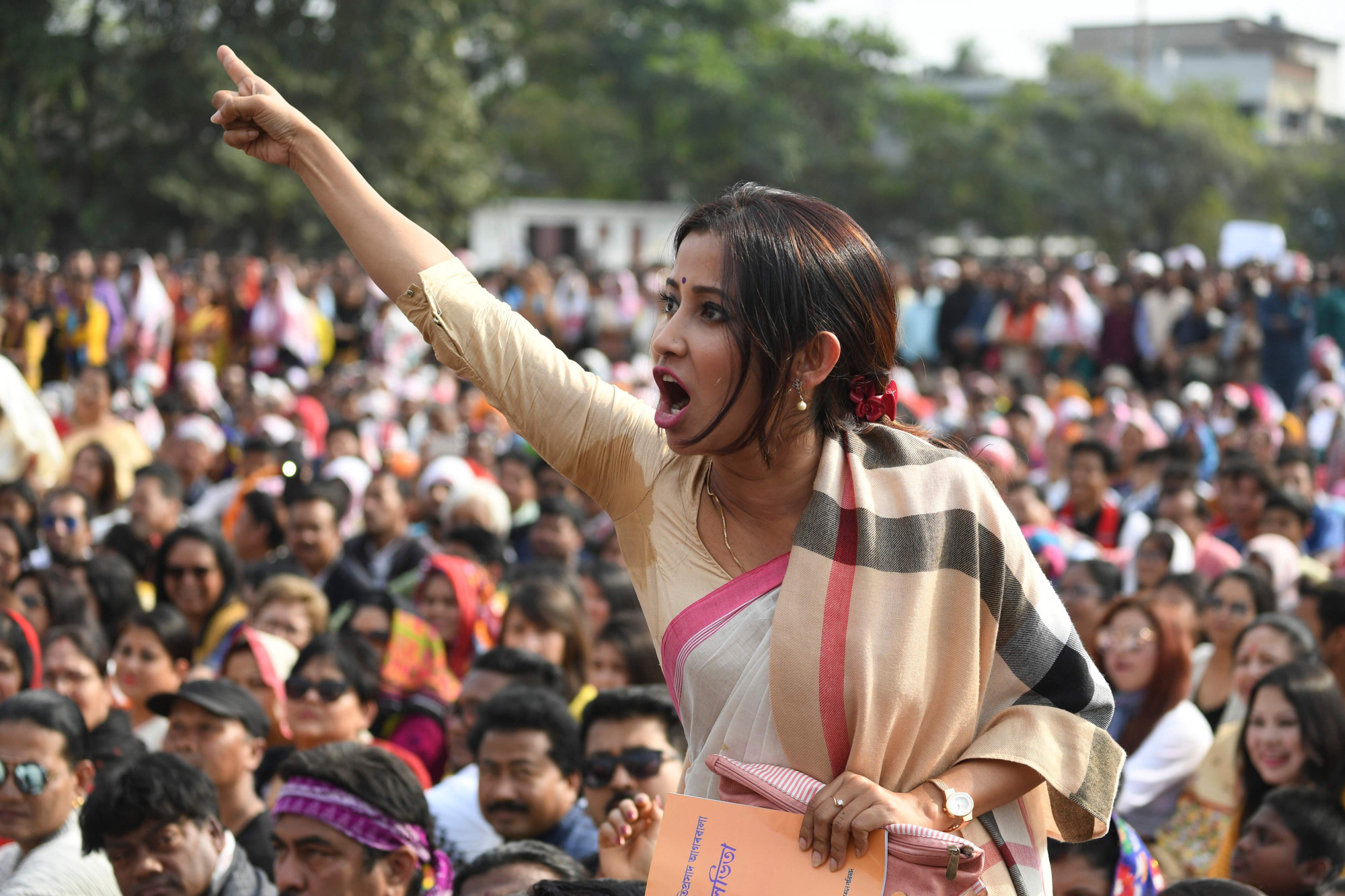For 70 years, India has struggled to remain a secular state. In spite of its people being overwhelmingly Hindu, it chose not to distinguish between its citizens — or putative citizens — on the basis of their religion. That principle was what its founding fathers fought for, and what for decades led it to proudly distinguish itself from Pakistan, born at the same time as India but explicitly as a homeland for Muslims.
The "two-nation theory" holds that the Muslims and Hindus of the subcontinent are always and forever two nations — the theory that Pakistan's founders proposed and India's founders rejected. But as far as the ruling Bharatiya Janata Party is concerned, India is knit together by its Hindu heritage. India's Muslim citizens are at best to be uneasily tolerated, and at worst to be seen as interlopers who belong in Pakistan.
Last week, India's parliament enshrined this worldview in law. It passed an amendment to India's citizenship act that allowed a swift path to citizenship for refugees and migrants from certain neighboring countries — as long as they are Hindu, Sikh, Jain, Christian, Zoroastrian or Buddhist.


















With your current subscription plan you can comment on stories. However, before writing your first comment, please create a display name in the Profile section of your subscriber account page.